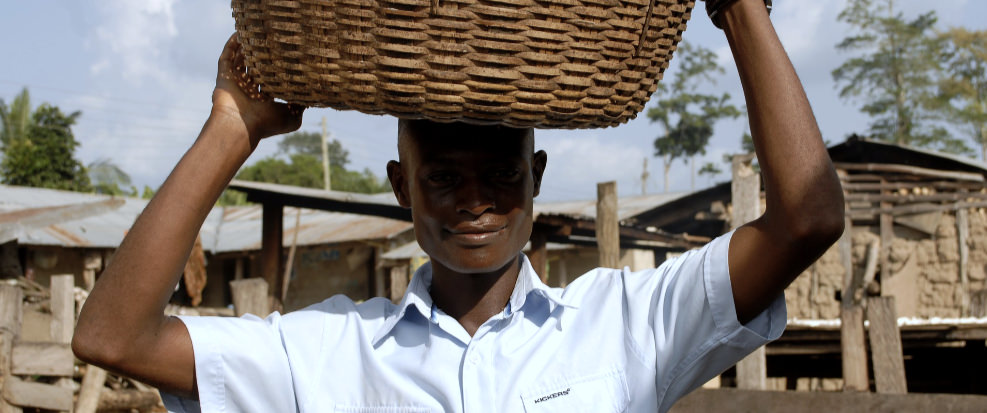
Social Capital of Farmers and Retailers in the Tropics
Abstract
Measuring Individual Social Capital and Estimating Its Returns in Small-Scale Communities of Farmers and Retailers in the Tropics
Is there a link between an actor’s social capital and that individual’s economic performance? This study seeks to create a three-dimensional capital space and calculate a social capital coordinate vector for each actor within that space. Questionnaires have been administered among households living in small communities in Ivory Coast, Papua New Guinea, Tanzania and Vietnam.
First of all, the main structure of this space is found to be much the same across countries. The three dimensions or attributes of the social capital structuring the space are, in descending order of importance: i) Social exclusion, ii) Trust and behaviours and iii) Collective action.
Secondly, we show how actors and subgroups of actors are located in this space in the light of their socio-demographic (religion, ethnicity, indigenous status) and economic (size of farmed land) characteristics in line with a series of solar systems that may nonetheless be overlapping within the same galaxy.
Thirdly, an examination is made of two kinds of occupations accounting for a large majority of the workforce in these countries: family farming and micro and small enterprises.
We will show that, all other things being equal, an actor’s level of productivity rises according to the individual’s trust in the members of the community and the individual and community involvement in collective actions. Being a member of an organisation (cooperative, diaspora) is also conducive to an actor’s productivity and access to formal credit.
Key words: Social capital measurement, family farming and small business, economic performance, formal and informal credit access, meta-analysis.
Authors
-
Alain Desdoigts, IEDES Université Paris 1 Panthéon-Sorbonne
-
Francesco Cordaro, Chief Scientist, Catalyst, Mars, Incorporated
About This Paper
Working paper written January 2016. Collaboration between Mars Catalyst / Economics of Mutuality and Université Paris 1 Panthéon-Sorbonne.
Other Articles
Asia Economics of Mutuality Forum 24-25 April 2024
Korean and global leaders in business, academia, government, and civil society will gather at Hanyang University in Seoul, South Korea, to launch the inaugural Economics of Mutuality Foundation and Hanyang University’s Global Forum on the role of business and investing in society. The event will take place from April 24 to 25, 2024. The two-day event will include addresses by Professor Colin Mayer, former Dean of Oxford University’s Said Business School; Chairman Moon Kook Hyun, President of the New Paradigm Institute and former CEO of Yuhan-Kimberly, and Dr. Jay Jakub, the Executive Director of the Economics of Mutuality Foundation, and co-author of the book, “Completing Capitalism.” The event will highlight the roles of academia, corporations, investors, family offices and entrepreneurs in creating an ecosystem of mutual value co-creation by how companies deploy their capital in society.
Oxford Virtual Executive Education Program 2 May – 20 June 2024
Driving Impact Through Mutual Value Creation, an 8-week online course brought to you by Oxford University’s Saïd Business School and the Economics of Mutuality team, will equip you to walk the talk of Stakeholder Capitalism.
Nordic Economics of Mutuality Forum October 15-16
The first Economics of Mutuality forum to be held in Scandinavia, this event taking place October 15-16, 2024 will be hosted by Brandinnova, the Center for Brand Research at the Norwegian School of Economics (NHH), Jæren Sparebank, and the Economics of Mutuality Foundation.
How Witnessing an Economy of Greed Led Me to Pursue an Economy of Good
Tony Soh is CEO of the National Volunteer & Philanthropy Centre (NVPC) in Singapore. In this interview, he tells us how his experience of the global financial crisis led him to search for better ways of doing business. A graduate of the Oxford Economics of Mutuality Virtual Executive Education Program, he is working to build a movement around corporate purpose in his city




